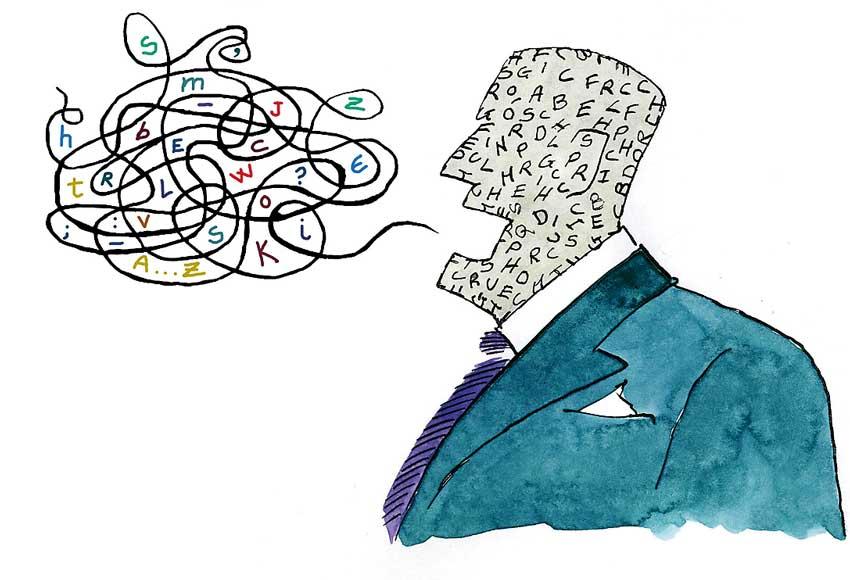23 Oct 2020 - {{hitsCtrl.values.hits}}

 International Stuttering Awareness Day (ISAD) falls on October 22 and this year’s theme is “Spread the Word – Education, Cooperation, Communication.” Stuttering may not be a huge issue for who those who don’t have it, but for the ones with the condition, saying their own name can be a night mare. This tends to end them up with various negative consequences, like mental break down, as a result of being bullied and teased on a daily basis.
International Stuttering Awareness Day (ISAD) falls on October 22 and this year’s theme is “Spread the Word – Education, Cooperation, Communication.” Stuttering may not be a huge issue for who those who don’t have it, but for the ones with the condition, saying their own name can be a night mare. This tends to end them up with various negative consequences, like mental break down, as a result of being bullied and teased on a daily basis.
“Stuttering is a speech disorder where you stumble over sounds, words and phrases while speaking. The person has difficulty speaking fluently without stops and breaks. Sometimes a person may repeat a sound or a word, they can also experience a block where even though they are trying to speak no sounds/words come out or a prolongation where a sound gets stretched out. Although, the person knows what he/she wants to say they have difficulty saying it.”explains Dr. Nimisha Muttiah, Speech-Language Pathologist, Senior Lecturer Department of Disability Studies, Faculty of Medicine, University of Kelaniya.
The pathology behind and causative factors
One of the main causes for stuttering appears to be genetic and research has indicated that certain genes have been associated with this condition. One of the main therapeutic options available is speech therapy.
There is no “cure” for stuttering. Instead, a speech therapist will work with individual clients to identify strategies that will help the person to modify their speech and speak more fluently or help the person to go through that stuttering moment in an easier manner.
“Stuttering can be compared to an iceberg. In fact, only a part of it is visible above the water, a majority of is underneath. Similarly, with stuttering only a small portion of the disorder is visible to the outside world, whereas there are a lot more underlying negative thoughts and feelings the person has to deal with such as anxiety, stress and other negative feelings. Therefore, stuttering intervention would involve not just intervening directly with speech but also dealing with underlying issues such as the anxiety, stress and negative feelings associated. For example, many individuals who stutter will avoid situations where they have to speak in public or sometimes tend to avoid situations where they have to speak at all! This can definitely have a negative impact on their lives including the social relationships they have with others around them” underscores Dr Muttiah.
Take home message
Stuttering or any other related conditions don’t define who you are as a person. If you feel like you need emotional support reach out to online forums and support groups who will be willing to assist you to be more confident.
Furthermore, you can read more on this condition at: The National Stuttering Association (https://westutter.org/) and Stuttering Foundation (https://www.stutteringhelp.org/).
If you wish to speak to a speech therapist to find out more about intervention options contact: Ayati Centre: 011-5960050. The Ayati centre is a part of the Department of Disability Studies at The University of Kelaniya, which is the only training programme for speech therapists in the entire country.
21 Dec 2024 2 hours ago
21 Dec 2024 4 hours ago
21 Dec 2024 7 hours ago
21 Dec 2024 7 hours ago
21 Dec 2024 8 hours ago